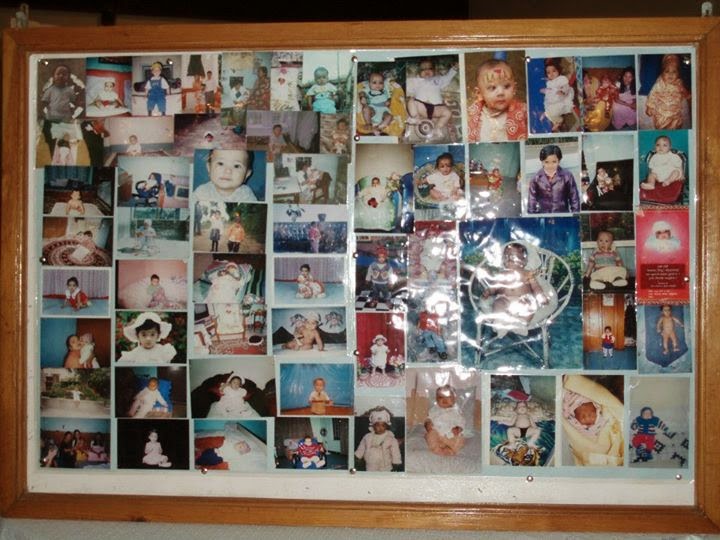Article published on Kathmandu Post, April 30 by: DEV KUMAR SUNUWAR
The Kathmandu District Court settled the first surrogacy related lawsuit last month but left a legal vacuum. In the lawsuit involving Shambhavi Shah and her husband Ujjwal Shumsher Rana, the court issued a verdict stating that a surrogate child is equally entitled to inheriting parental property.
The verdict, however, does not resolve the problem. Surrogacy is common in infertile Nepali couples, at hospitals inside or outside the country. Since surrogacy is legal in India many couples and surrogate mothers flock to Indian hospitals.
“Since the country lacks legal provisions on surrogacy, I had to take several references from other countries while issuing a verdict on this particular case,” said Judge Tek Narayan Kunwar. The judge said that though the case was not one of surrogacy as there seemed no consensus between husband and wife, lack of laws to govern such problems could give rise to disputes.
Surrogacy, as practiced in India, requires a couple’s agreement and the egg of the biological mother is fertilised with sperm of the father in a test tube and the embryo then transferred into the uterus of the surrogate mother.
“Childless couples prefer surrogacy to adopting a child, because the baby is genetically theirs,” says Dr Uma Shrivastava, an Infertility and In Vitro Fertilisation (IVF) specialist. “I do not see any problem giving legal recognition to surrogacy.”
According to doctors, mostly women who undergo several IVF cycles, multiple miscarriages, or have had their uterus removed fail to conceive. An estimate has it that around 15 percent of Nepali married couples are infertile.
“The agony of infertile couples is more severe than that of those with HIV/AIDS, cancer or uterine prolapse,” said Dr Bhola Rijal, a senior gynaecologist and obstetrician.
Since July 2004, Dr Rijal and his team have offered IVF services for over 350 test tube babies and treated over 1300 infertile couples at the IVF centre in the Chabahil-based Om Hospital and Research Centre.
“Many countries including India and Malaysia have given recognition to surrogacy. This has long been in practice in Nepal and many Nepali women go to India to act as surrogate mothers. Therefore, it is better to give legal recognition to surrogacy here,” added Dr Rijal.
Sapana Pradhan Malla, a Constituent Assembly member and women’s rights activist, says that surrogacy could be a boon for needy couples but she argued that when it comes to legal recognition, much has to be discussed. “Surrogacy should not be promoted haphazardly. If it is to be legalised, there should be a provision whereby needy couples could do it only after medical recommendation.”














